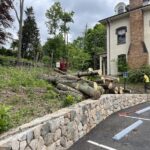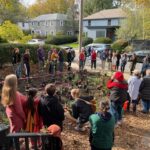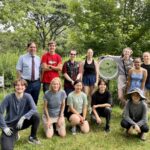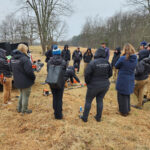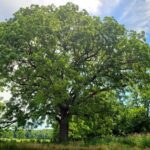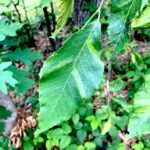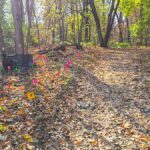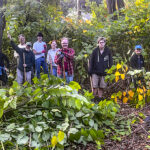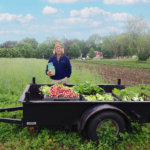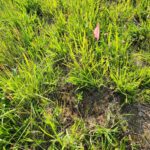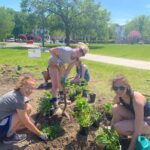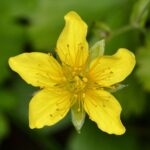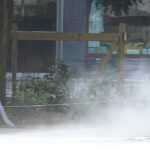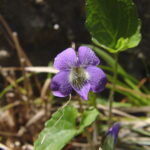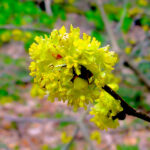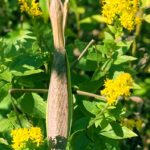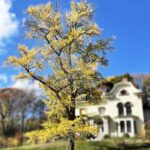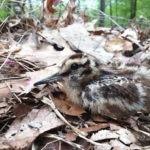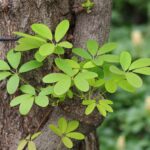
By Dean Hickman and Leonard Katz Akebia quinata, also known as chocolate vine, is an evergreen ground cover and climbing vine with compound leaves, typically having five leaflets with notched tips. It is invasive in our area, and has taken over as ground cover and climbed and smothered trees in two forested conservation areas in Belmont: Beaver Brook Reservation, northeast of the upper Mill Pond off Mill Street; and in the Pleasant Street area of Lone Tree Hill, across the brook from the Coal Road Trail, on the hill above the back entrance to the Star Market parking lot. Akebia [READ MORE]


